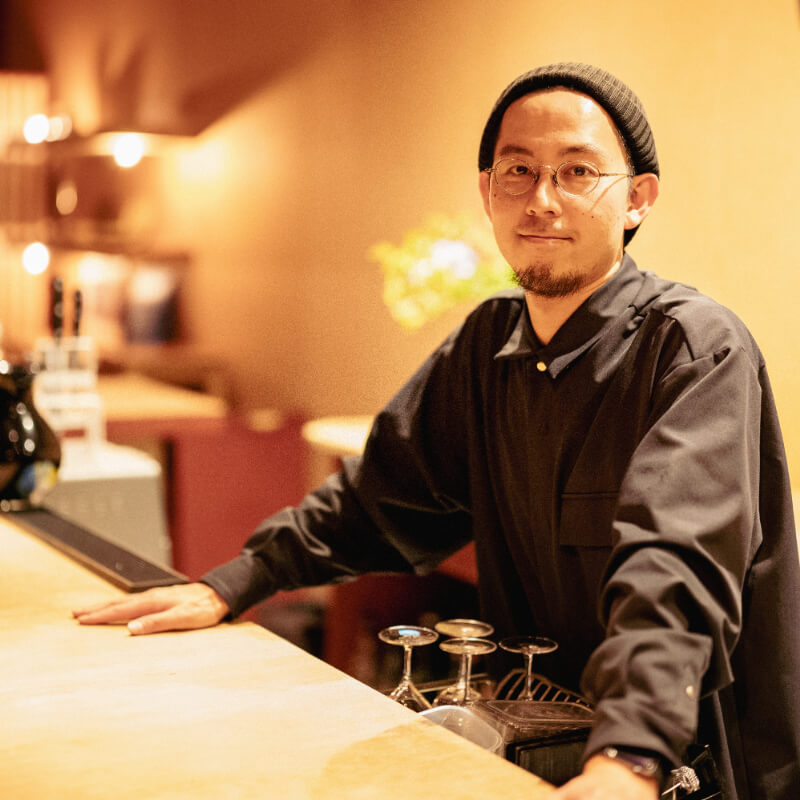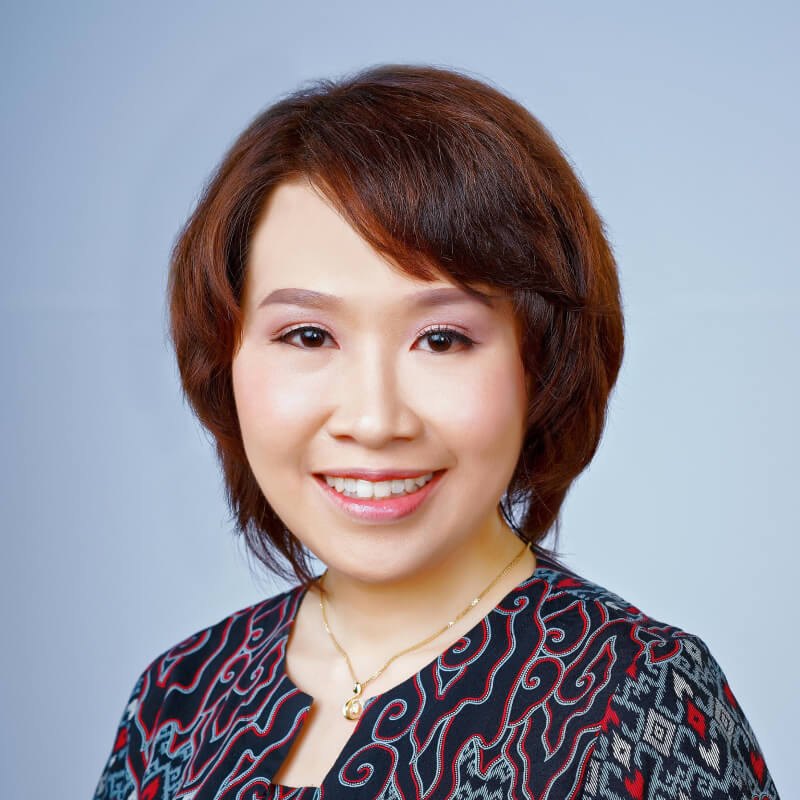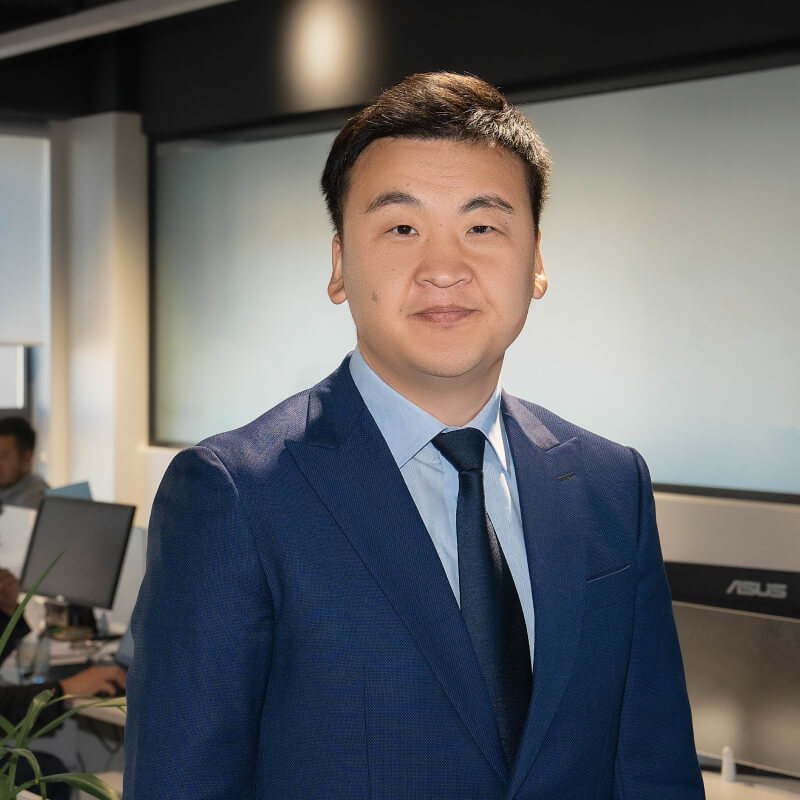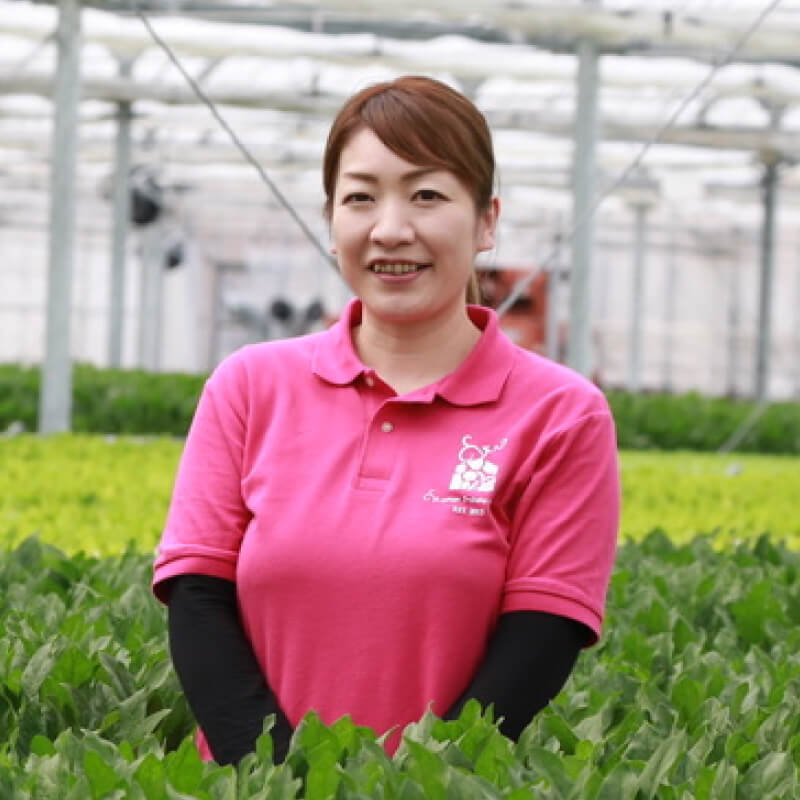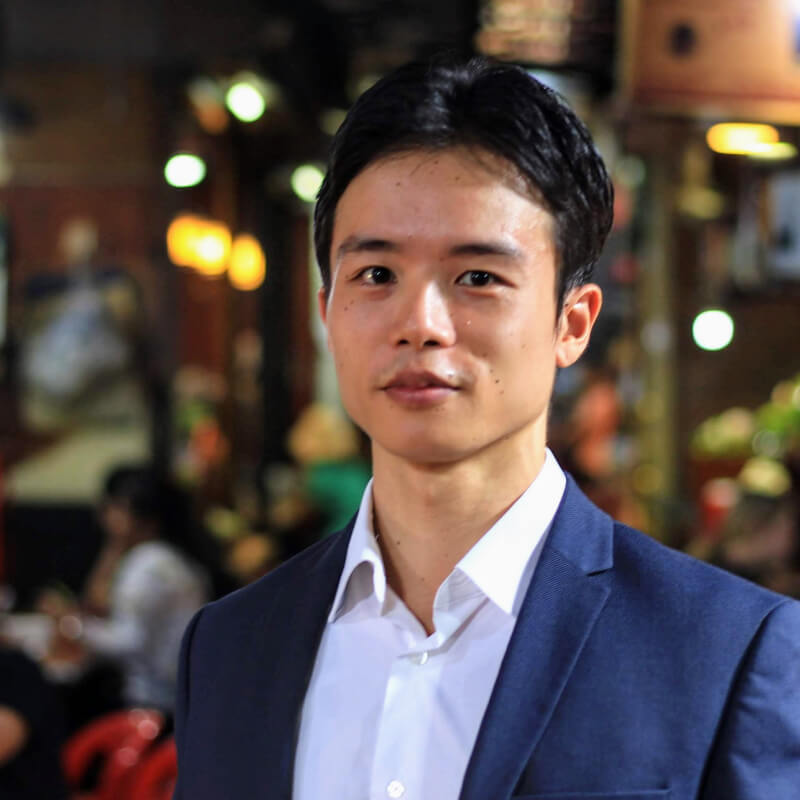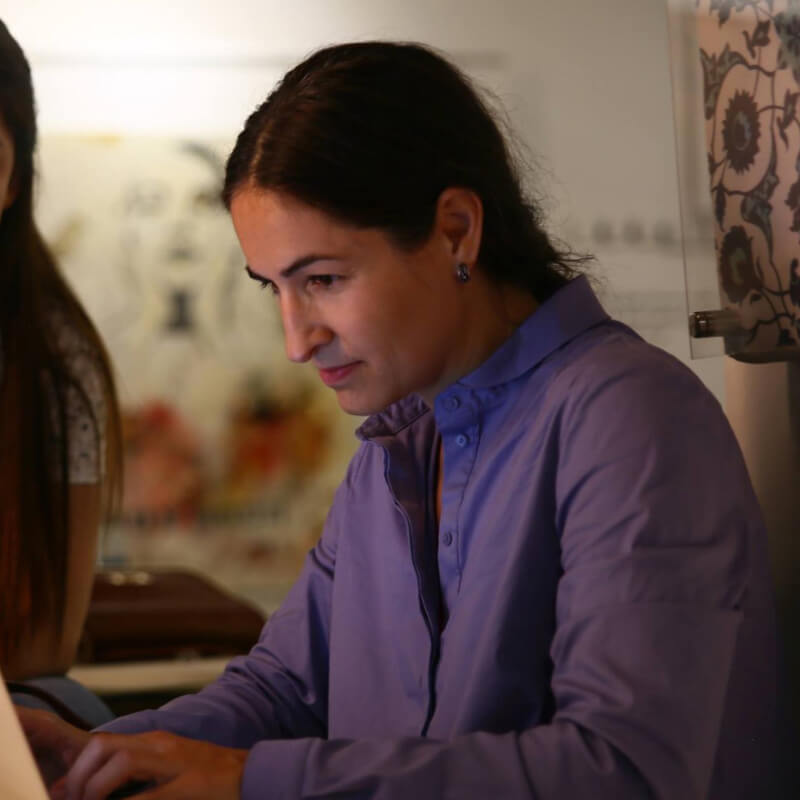
Data-Driven Advocacy:
Fighting for Migrant Workers' Rights
in the Gulf
Ekaterina Porras Sivolobova
Introduction
Fateful Encounter with APU
My encounter with APU was pure serendipity. At that time, after studying and working in the United States for some years, I was in Russia. I wanted to study earnestly anywhere in the world. Interested in human rights and social issues, I was researching universities with ties to the United Nations and came across an extensive list of universities collaborating with the UN. However, in my town, access to the internet and sending postal mail required a time-consuming trip to the neighboring town, so I couldn’t afford the luxury and time of considering multiple universities. So, it is almost a miracle that I chose APU from the list of universities. Fortunately, I received a scholarship and decided to enroll, but only then did I hurriedly research where Beppu is in Japan.
Ms. Porras’s new student life at APU was a little different from that of other first-year students.
I lived outside of the dormitories in Beppu City as I was trying to enjoy life outside the school and immerse myself into Japanese culture as much as possible. My part-time jobs varied from teaching English to working in restaurants and even opening a belly dance class in Beppu. It was fulfilling. I enjoyed interacting with various people, from students to professors and locals. I also rode a 250 cc motorcycle. I warmly remember one trip back to Beppu from Tokyo by bike, transitioning between land and ferry, blessed with the beautiful scenery of the Seto Inland Sea, nature, and kind people.
Her major was Asia Pacific Studies. Ms. Porras not only eagerly learned about social issues in her classes but also actively engaged in internships and field research outside of school.
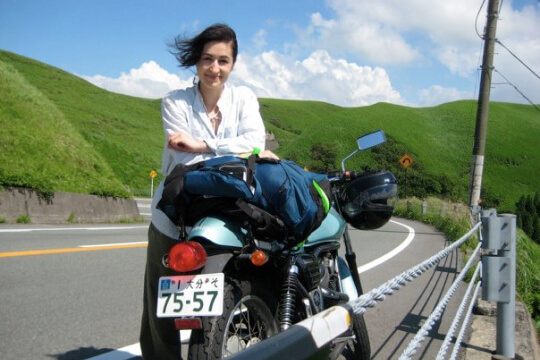
At an APU event, I met a representative of the Cambodian Institute for Cooperation and Peace and immediately expressed my interest in an internship during the summer break, which they accepted. In Cambodia, I assisted an Australian researcher commissioned to study the progress of the UN Millennium Development Goals (MDGs), the precursors of the current SDGs. I helped her with scheduling meetings and keeping records. I met various officials and stakeholders across Cambodia and learned a lot.
During her studies, she also worked as a teaching assistant (TA) to Professor Yukiko Takashiba, who was teaching international law at APU at the time.
My graduation research was on transitional justice in Argentina, focusing on how a society can move on after the dictatorship through seeking truth, justice and reconciliation. Under Professor Takashiba, who was teaching at APU at the time after returning from service at the International Criminal Tribunal for the former Yugoslavia (ICTY) and the International Court of Justice (ICJ), I not only learnt the complexities of international justice, but also developed my skills in writing long papers with substance. Writing lengthy papers has been very useful to me even now. My connection with Argentina led to an internship at the Center for Justice and International Law, and later, a job there. Meeting Professor Takashiba was a key moment in my professional life. I still keep in touch with her.
* Professor Takashiba currently teaches at Seinan Gakuin University as Professor of Law (International Law).
Addressing the Issue of Migrant Laborers in the Gulf Countries of the Middle East
After working in Argentina, Ms. Porras returned to APU for her graduate studies. She enrolled in the IMAT program, which allowed her to obtain a dual Master's degree from the Trier University of Applied Sciences in Germany and APU. In Germany, she reunited and married a German schoolmate she had known from her undergraduate days. Her partner's job led them to live in Kuwait.
When the opportunity to move to Kuwait came, I thought it would be an opportunity to work on human rights issues I had always been interested in. Initially, I sought jobs related to my background and experience, but when I couldn't find any opportunities, I decided to start something on my own. I obtained a grant and launched a project focusing on domestic workers. It has since gained momentum and continues to this day.
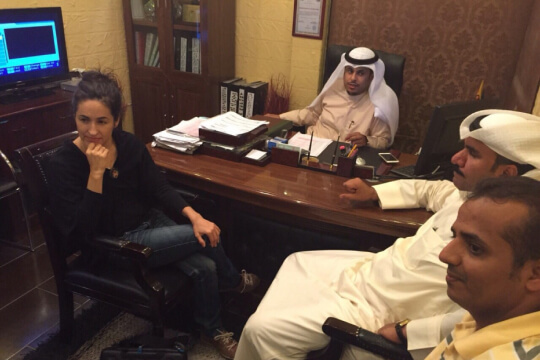
The situation of migrant workers in the Gulf countries is complex, involving various issues such as poverty in the workers' countries of origin, labor law problems in the host countries, and customary practices. Do Bold, founded by Ms. Porras, focuses on the issue of 'migrant workers' in Oman, Kuwait, Saudi Arabia and the United Arab Emirates, which hosts many migrant workers from Asia and Africa.
Most domestic workers are women who live and work in their employers' homes. They often work without a day off, constantly inundated with tasks. The boundary between work and private life is frequently ignored. Legally, they are entitled to one day off per week, but in reality, this is rarely granted. The normalization of such practices in society makes changing the situation even more difficult.
Furthermore, when these women face abuse or harassment, they often have no escape or support because leaving their employer's house without permission is considered a crime. And often, their passports are confiscated by their employers or job agents.
Do Bold has connected with and supported over 300 migrant workers in Oman alone. Ms. Porras shared two cases with us.
Our support usually involves helping migrant women workers return safely to their home countries from unfair working environments. A specific example? I recall two women whose fates diverged.
One was a woman physically abused by her employer. We could tell from the photos and voice messages she sent that she was suffering severe violence. So, we reported this to the police and requested intervention, but unfortunately, the police's involvement did not go well, and we lost contact with the woman. Such cases are rare, but difficult to forget.
The other woman's case has a happy ending. She came to us after being pushed into an inhumane situation due to insufficient food and exhaustion due to long working hours. We intervened and facilitated negotiations with her employer, and she was able to return home safely. She has since started a business decorating cakes in her hometown. Witnessing her transformation has been a joy and very moving.
A unique aspect of Do Bold is connecting with migrant domestic workers through social media services, gathering detailed information, and then carefully negotiating with employers after identifying a problem. Negotiations are conducted carefully so as not to jeopardize the position of the women, and in the worst-case scenario, Ms. Porras and 'Do Bold' staff could be ordered to leave the country. Now, Ms. Porras and her family moved from the Gulf to Greece where it is safer to continue working on this issue.
The Importance of Data in Solving Social Issues
Do Bold not only directly supports victims but also places great importance on gathering detailed information and organizing a database. They believe that showing data will help other governments and international organizations recognize the problem and lead to fundamental solutions. Their efforts are starting to bear fruit.
We probably have the largest database on migrant workers and human trafficking in Oman. We have collected information that was previously unknown or unaddressed and published it in reports like 'Mapping Her Journey,' influencing stakeholders. Recently, our data on migrant workers in Oman was used for the U.S. State Department's annual Trafficking in Persons Report (TIP Report). This is a significant achievement for us because the TIP Report prompts the U.S. government to exert pressure on the Omani government.
Despite being a very small organization with just a few core members, Do Bold has been able to influence governments and international organizations by closely connecting with stakeholders, gathering information, and methodically organizing and disseminating data.
At the end of the interview, I asked her about the driving motivation behind her continued activities despite the many hardships she has had to endure, and despite the potential danger to herself.
Yes, it is a lot of hard work. But in any case, I want to do something about injustice, and there are things I can do. I think that's why I continue.
I am going to continue my activities and also want to pass on my knowledge and experience to the younger generation. I would be happy to interact with students from APU.
Despite challenging situations, Ms. Porras's commitment to connecting with others, innovating, and executing bold ideas (Do Bold) suggests that it's possible to make a positive change in society. Ms. Porras's presence itself felt like a warm beacon of hope.

